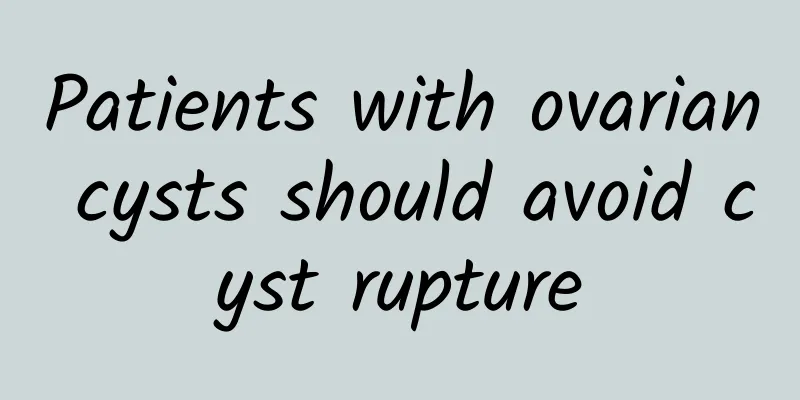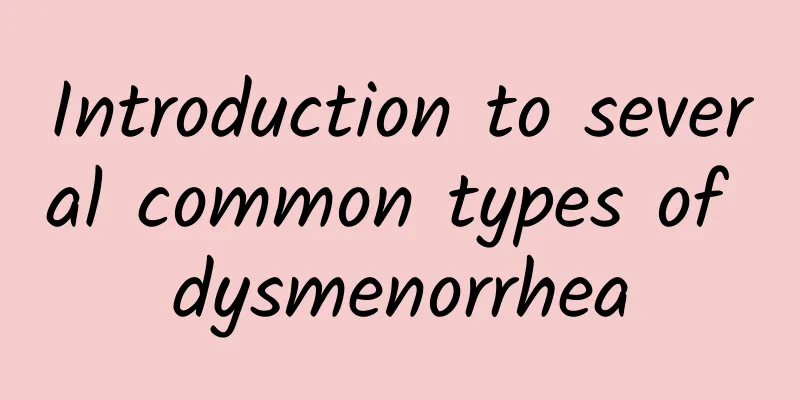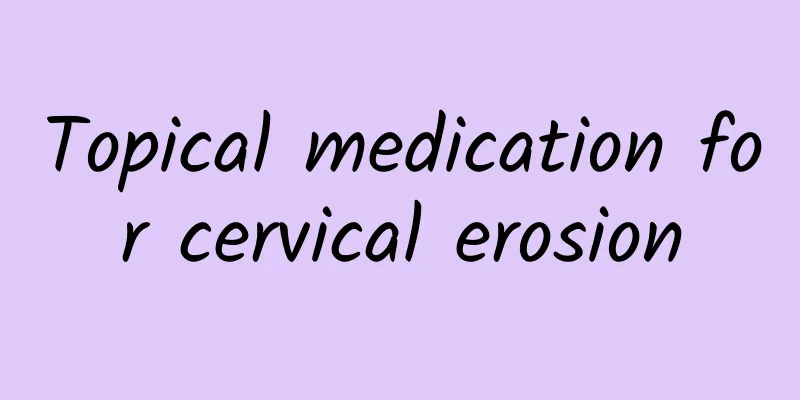Patients with ovarian cysts should avoid cyst rupture

|
The causes of ovarian cysts may be due to environmental factors, living habits, mental state, etc. It often occurs in women between the ages of 20 and 50. Women in this age group should go to the hospital for regular check-ups to detect ovarian cysts in time and treat them in time. Patients who already have ovarian cysts should avoid cyst rupture. Causes of ovarian cyst rupture The causes of ovarian cyst rupture are external force and spontaneous rupture of the ovary. 1. External force: Patients with ovarian cysts may cause cyst rupture if they lift heavy objects or have excessively strenuous sexual intercourse. Constipation increases the intra-abdominal pressure and can also cause cyst rupture. These are all external forces. 2. Spontaneous rupture of the ovary: Patients are infected with other diseases that cause ovarian congestion and lead to cyst rupture, such as uterine prolapse, pelvic inflammatory disease, appendicitis, etc. The use of drugs causes ovarian dysfunction, resulting in ovarian bleeding tendency or coagulation disorder, which can eventually lead to cyst rupture. Treatment of ruptured ovarian cyst When an ovarian cyst ruptures, the patient may experience severe pain in the lower abdomen, which gradually spreads to the entire abdomen. Ovarian cyst ruptures are more common in women of childbearing age, and most often occur during or before menstruation. Once the cyst ruptures, there may be bleeding and hypotension symptoms. Since a large amount of abdominal bleeding will cause adhesions and lead to infertility, timely treatment is required. If there is no hypotension, anemia, and hemoglobin concentration is less than 16%, no surgical treatment is required and intravenous drip treatment can be given. If the patient has hypotension or hemoglobin concentration is greater than 16%, surgical treatment should be considered. |
<<: Mechanism of dysfunctional uterine bleeding caused by sex hormone secretion disorder
>>: Precautions before treatment of pelvic inflammatory disease patients
Recommend
What are the symptoms of pelvic inflammatory disease?
Patients with pelvic inflammatory disease all kno...
How much does it cost to treat uterine fibroids?
How much does it cost to treat uterine fibroids? ...
Does pelvic inflammatory disease cause dysmenorrhea symptoms in women?
Will female pelvic inflammatory disease cause dys...
Uterine fibroids 6 cm, no symptoms, do I need surgery?
If the uterine fibroid is 6 cm and there are no s...
Women need to understand the causes of dysmenorrhea
Dysmenorrhea is a common female disease, and wome...
Can microwave treatment really eradicate cervical erosion?
Can microwave treatment really eradicate cervical...
What are the causes of recurrent pelvic inflammatory disease?
"What are the causes of recurrent pelvic inf...
What to eat when you are hungry? 3 foods to increase satiety and stop cravings
Spring is coming, and it is also the season to st...
Are uterine fibroids and ovarian cysts the same? What are the symptoms of ovarian cysts?
Ovarian cysts and uterine fibroids are very commo...
Does a woman's endometrial thickening mean she is pregnant?
During early pregnancy, due to the influence of e...
Introducing various types of abortion care routines
There are many types of abortion in clinical prac...
What are the causes of vaginitis?
Although vaginitis is not a serious disease, it c...
How harmful is medical abortion to the human body? This article will show you how
Medical abortion is a relatively common method of...
What are the dietary precautions after miscarriage?
Nowadays, young people have more open minds, the ...
6 principles to accelerate fat burning: exercise for 1 hour
If you want to be thin, beautiful and healthy, in...









